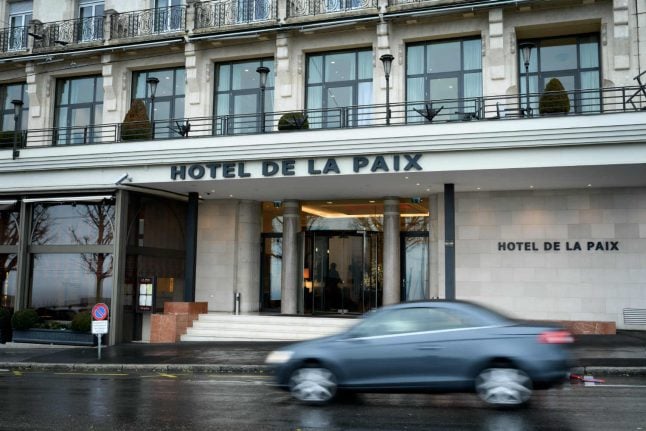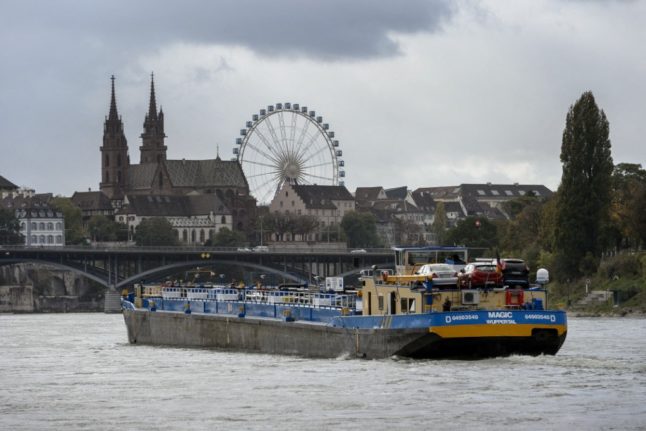Although Switzerland is not in the European Union, it does afford special treatment to drivers from EU member states. With the United Kingdom no longer being an EU member state, British drivers will lose that special treatment.
This doesn’t however mean you need to shift to hitchhiking or jostle for a seat on public transport – you’ll still be allowed to drive in Switzerland, provided you comply with the rules.
READ: How will Brexit impact British cross-border workers in Switzerland?
READ: What Brits in Switzerland need to know about Brexit
If you’re a cross-border worker who lives in a neighbouring country, different rules will apply. Our sister sites in Germany, France and Italy have discussed how this can be done in each respective country.
Official information in English is available here.
EU citizens in Switzerland
Pursuant to the previous rules, Brits – and anyone from other EU countries – who lived in Switzerland were allowed to drive on Swiss roads for up to one year after moving there on their home country licence.
Before 12 months had passed they would have needed to exchange their British licence for a Swiss one. According to the law, failing to swap it over within a year would mean you need to take the theoretical and practical tests.
READ: Drunk on an electric scooter in Switzerland? You could lose your driving licence
If you’re a Brit in Switzerland who has already changed your licence over, you don’t need to do anything more when it comes to driving – except of course remembering to renew it and pay the appropriate fees.
The message on the government’s Living in Switzerland page says Brexit will not change the rules so Brits living in Switzerland will continue to have one year to exchange their licence if they are resident.

As yet, this is the most up-to-date advice provided by the UK government.
Negotiations are however continuing to determine what happens at the end of the implementation period (December 31, 2020) and how UK driving licences will be regulated after that date.
How do I exchange my licence?
Changing your licence over within a year of moving to Switzerland is relatively easy and does not require any additional tests.
You’ll however need to bring the following: a completed application form, original driving licence (with a translation if applicable), residence permit (and residence certificate if you have one), two colour passport photos and a certificate from a qualified ophthalmologist.
If you’re applying for a class 3 licence, you’ll also require a medical certificate.
You’ll need to exchange the licence at your cantonal authority and the cost for doing so varies from canton to canton.
Holiday travellers
For holiday travellers in Switzerland, things will pretty much stay the same. You’re permitted to drive on your UK licence when on holiday in Switzerland.
Unlike several other European countries, Switzerland does not require you to purchase an International Driving Permit if you hold a UK licence.
Switzerland only requires International Driving Permits when the language of the licence isn’t one of the officially recognised Swiss languages (which are English, French, German and Italian).
So if you’re UK licence is in English – which around 100 percent of them are – you’ll be all good.
You will however have to carry a Green Card as proof of third party insurance cover when driving in Switzerland, as with all other EU countries.



 Please whitelist us to continue reading.
Please whitelist us to continue reading.
Member comments